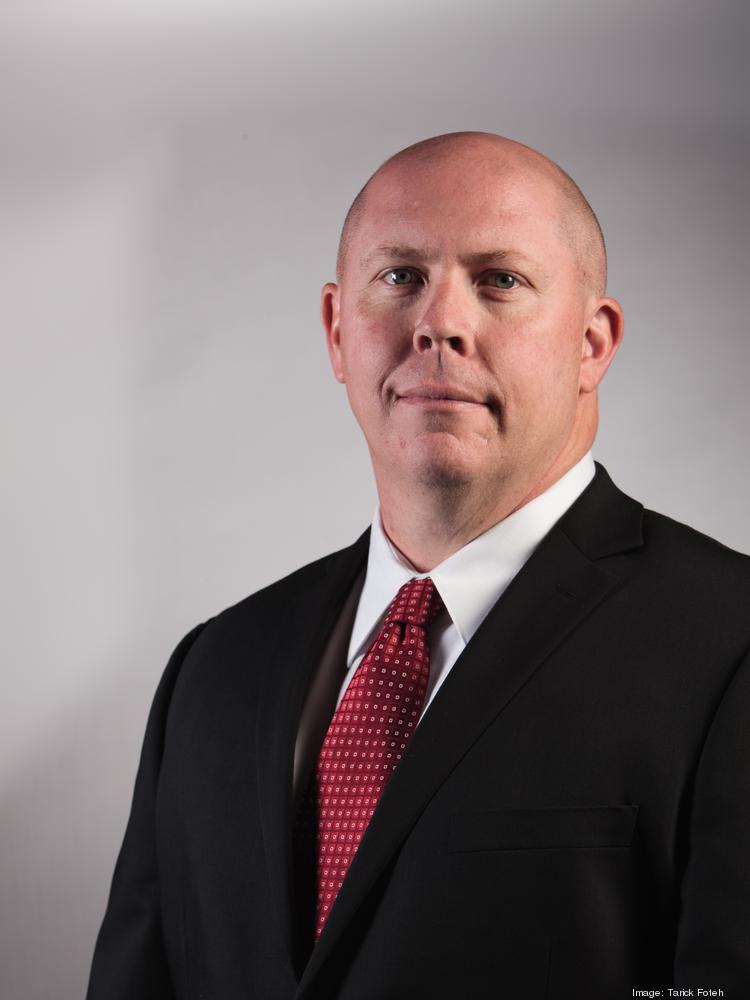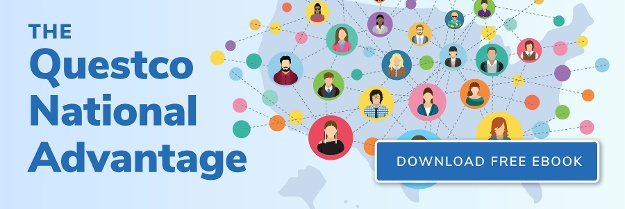.jpg)
When your business is searching for a Professional Employer Organization (PEO) to help manage your HR needs, you might think that a smaller PEO will give you better and more personalized service. While a small PEO may have some advantages, the problems often outweigh the benefits.
The average PEO has an ROI of 27.2%. A major factor in the ROI of an individual PEO is their size.
3 Significant Problems with Small PEOs
Small PEOs may try to sell you on personalized support. Even if they can provide that, there are three problems you need to be aware of before you partner with a small PEO.
1. Unstable Finances
A PEO needs to have stable finances to ensure they can support the needs of their client companies. Because a PEO becomes the employer of record for every client company’s employees, they’re the ones responsible for managing unemployment claims, workers’ compensation claims, and health insurance.
For tiny PEOs, just a few workers’ comp or health insurance claims can wipe out the PEO’s financial resources. If the PEO goes bankrupt, your company may be left stranded.
2. Lack of Cost Savings
One of the most effective ways for a PEO to reduce your costs is to provide your company with access to their benefits master policy, negotiated at scale by experts. A PEO uses its leverage as a large employer to get the best possible rates, representing potentially thousands of clients’ employees. This scale allows the PEO to negotiate great benefits at reduced costs because of the large pool.
Small PEOs, however, represent far fewer workers than larger PEOs. This means they will not get the same economies of scale that a larger PEO has which translates into less of a cost savings for your company.
3. Limited Support for Out-of-State Employees
Today’s workforce is more distributed than ever before. You may have employees working in different states. This translates into more complex payroll and tax needs, beyond the headache of hiring out-of-state employees.
Small PEOs may only have the capacity to manage payroll for clients in their home state. Even if a small PEO is set up to do payroll in multiple states, they may not have access to workers’ compensation or health insurance in other states. If your company partners with a small PEO like this, it could mean you have to work with a payroll provider in that state, reducing your cost savings.
Huge PEOs are Not the Answer
You might think we’re making a case for the largest, nationwide PEOs.
We’re not.
A handful of well-known PEOs operate nationally and have countless employees in many offices around the country. These large PEOs come with their own problems.
Inflexibility
The largest PEOs do not offer flexibility with their plans. Your business is unique and requires a plan tailored to your needs. Large PEOs may only offer a single, one-size-fits-all plan. With this type of plan, you’ll end up paying for services you don’t use and don’t even need.
If you already have health insurance you like, the biggest PEOs will refuse to administer your plan because they offer their own, and it is integrated into their service.
Padded Costs
The biggest PEOs have to pay for national advertising to keep getting more clients. They have many offices in some of the largest and highest rent cities in the country.
Large PEOs have to charge clients more to cover these costs. A PEO may present you with a low quote but then add hidden costs to help them increase their profits and cover their overhead.
Cutting Corners
Massive PEOs are more likely to engage in cost-cutting measures. Instead of giving you a dedicated service representative, they may utilize a call center.
This means your in-house HR team will have to go through canned responses from a call center representative who has no idea who you are or what your company does. Many of these call center representatives just read from a script and cannot answer your questions.
Look for National Coverage and Flexibility
The best PEOs provide national coverage for all types of insurance, regardless of where your employees are located. And yet, they’re still able to offer you flexible plan options, allowing you to pay for and receive only the services you need, giving you the Goldilocks approach.
These PEOs can give you the same cost savings as a huge PEO, but without the padded costs. They are often frequently able to work with your existing providers rather than forcing you to cut them off.
Aim for the Middle
Tiny PEOs and huge PEOs come with significant downsides. The key is to find a PEO that combines the advantages of a small PEO with the advantages of a large PEO, while ditching the negatives of both. The right PEO for your company will have headquarters in one state without the need for extra costs to have satellite offices and national advertising campaigns. At the same time, they will be large enough to fiscally cope with the risks of providing health insurance and workers comp insurance.

Mark Morter
As the National Sales Director, Mark has over 25 years of sales and sales management experience, 14 of which have been in the PEO industry. He has built, expanded, and turned around sales teams and markets. Mark is known for driving growth and revenue and has been recognized for the recruitment and development of Award-winning sales professionals.



